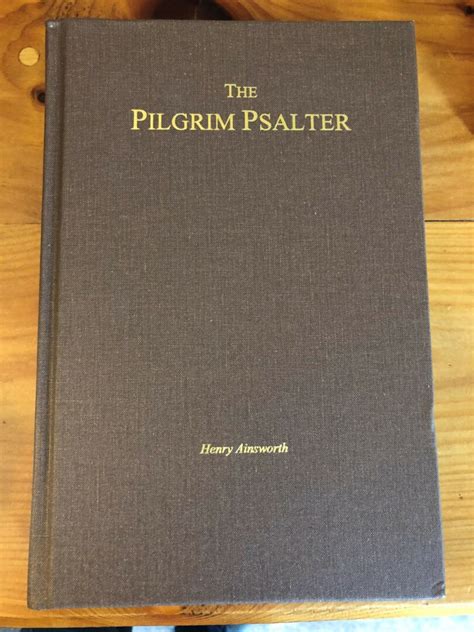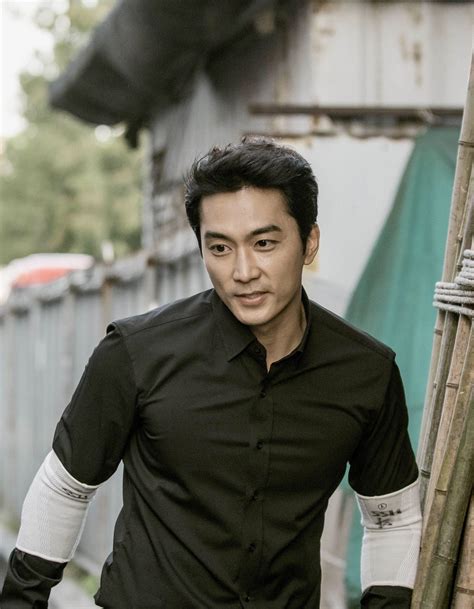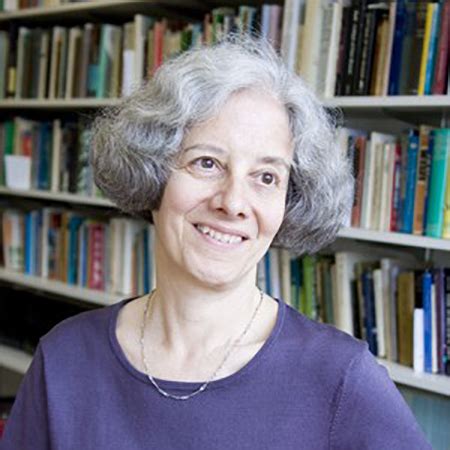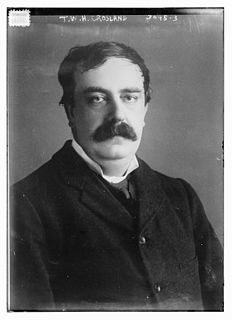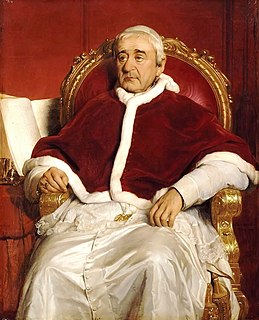A Quote by Henry David Thoreau
I suppose that the great questions of "Fate, Freewill, Foreknowledge Absolute," which used to be discussed at Concord, are still unsettled.
Related Quotes
This clarity made me able to behave normally, which posed some interesting questions. Was everybody seeing this stuff and acting as though they weren't? Was insanity just a matter of dropping the act? If some people didn't see these things, what was the matter with them? Were they blind or something? These questions had me unsettled.
If you are blessed with great fortunes. . . you may love your fate. But your fate never guarantees the security of those great fortunes. As soon as you realize your helplessness at the mercy of your fate, you are again in despair. Thus the hatred of fate can be generated not only by misfortunes, but also by great fortunes. Your hatred of fate is at the same time your hatred of your self. You hate your self for being so helpless under the crushing power of fate.
We certainly have to have a view about knowledge in order to decide whether some version of foreknowledge is necessary for inquiry or whether some philosopher or other thinks it is. Roughly, the more demanding our conception of knowledge is, the less plausible foreknowledge is; the weaker our conception of knowledge is, the more plausible foreknowledge is.
We maintain, and have said in the Ethics, if the arguments there adduced are of any value, that happiness is the realization and perfect exercise of virtue, and this not conditional, but absolute. And I used the term 'conditional' to express that which is indispensable, and 'absolute' to express that which is good in itself.
Nor can We predict happier times for religion and government from the plans of those who desire vehemently to separate the Church from the state, and to break the mutual concord between temporal authority and the priesthood. It is certain that that concord which always was favorable and beneficial for the sacred and the civil order is feared by the shameless lovers of liberty.
I feel very strongly that I am under the influence of things or questions which were left incomplete and unanswered by my parents and grandparents and more distant ancestors. It often seems as if there were an impersonal karma within a family which is passed on from parents to children. It has always seemed to me that I had to answer questions which fate had posed to my forefathers, and which had not yet been answered, or as if I had to complete, or perhaps continue, things which previous ages had left unfinished.


